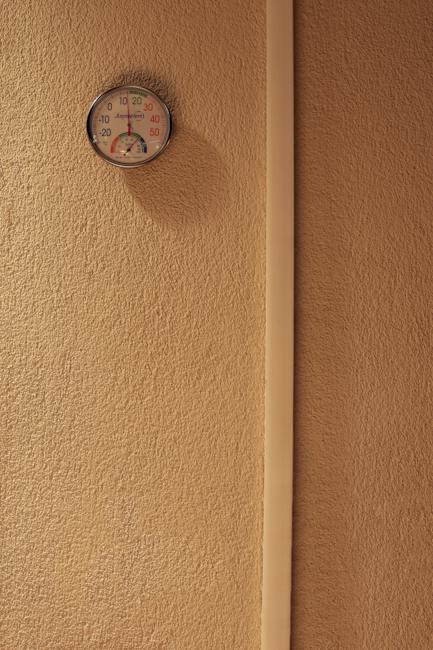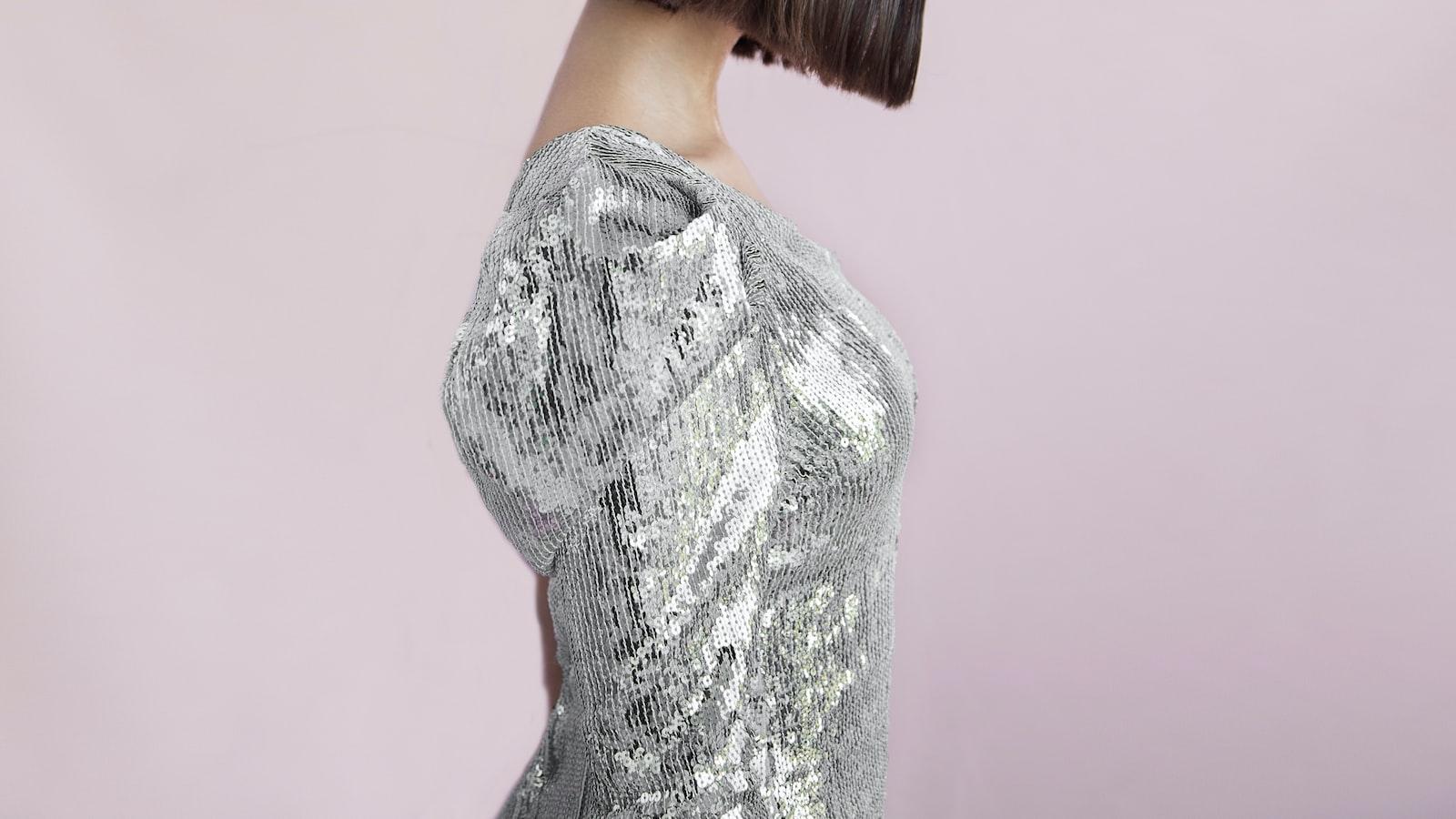When it comes to creating a safe and comfortable environment for your baby, humidity is an important factor to consider. The ideal humidity level for a baby’s room should be between 40-50%. Too much or too little humidity can cause health issues for your baby, such as skin irritation and respiratory problems. It is important to monitor the humidity level in your baby’s room and make adjustments accordingly. In this article, we will discuss what the ideal humidity level should be in a baby’s room and how to keep it at the right level.The optimal humidity level in a baby room should be between 40-60% relative humidity.
Advantages of Maintaining Optimal Humidity Level In Baby Room
Maintaining optimal humidity levels in a baby’s room is essential for the health and safety of the child. By controlling the humidity level in the baby’s room, parents can create a comfortable environment for their child to sleep, play, and grow. The optimal humidity level for a baby’s room should be between 40% and 60%. This range is ideal for promoting healthy air quality and reducing potential allergens. Proper humidity control prevents mold or mildew from forming in the baby’s room, which can cause respiratory issues and other health problems.
Another advantage of maintaining optimal humidity levels in a baby’s room is that it provides a comfortable sleeping environment. Proper humidity levels help keep babies cool during hot summer months and warm during cold winter months. This helps to promote better sleep quality, as babies require an environment that is neither too hot nor too cold to get adequate rest. Additionally, too much humidity can lead to excess moisture in the air, which could lead to condensation on windows or furniture.
Finally, keeping optimal humidity levels in a baby’s room can reduce the risk of dust mites and other allergens. Dust mites thrive in humid environments because they need moisture to survive. By maintaining an ideal level of relative humidity, parents can reduce dust mite populations and improve air quality inside the home. This keeps babies safe from potential allergens that could trigger asthma or other respiratory problems.
In conclusion, there are numerous advantages of maintaining optimal humidity levels in a baby’s room. Properly controlling relative humidity will help create a healthy and comfortable sleeping environment for babies while preventing mold growth or infestations of dust mites or other allergens that could cause respiratory issues or illnesses.




